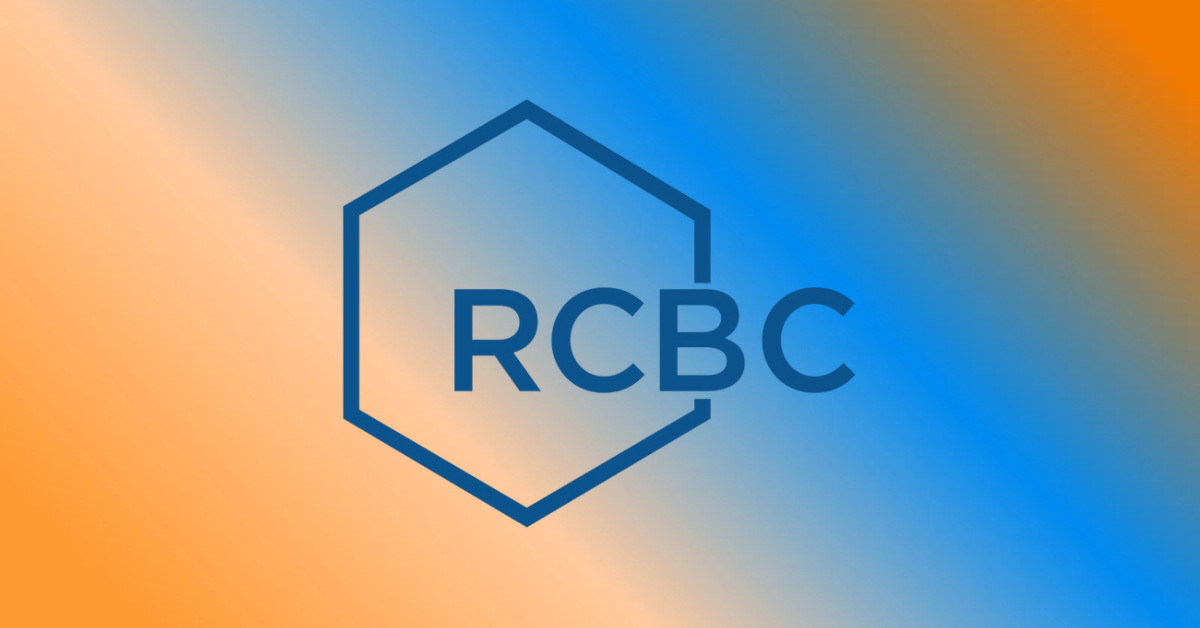The adoption of online banking and e-wallet applications has seen a significant surge in the Philippines. According to a recent report by consumer finance firm Digido, the number of users of these platforms reached an impressive 58 million last year. Additionally, Filipinos collectively spent over four million hours engaged with their online money applications. However, with this rapid growth comes an alarming increase in online banking scams and fraudulent schemes, posing a threat to users’ financial security.
Banks have been employing advanced technology to counteract these malicious activities and safeguard their customers. Nevertheless, individuals who are caught off guard or fail to take necessary precautions may fall victim to fraud. In light of this concerning trend, it is crucial for users to be informed and prepared in the event their accounts are compromised.
First and foremost, it is essential to take swift action if you suspect that your online banking account has been compromised. Phishing scams, which aim to obtain users’ login credentials, are one of the most common methods used by fraudsters. In such cases, changing your login and transaction passwords immediately can prevent unauthorized access to your account. Furthermore, promptly reporting the incident to your bank’s customer care hotline is of utmost importance. For RCBC account holders, the customer service hotline can be reached at 8877-7222.
It is advisable to refrain from using your compromised account until it has been secured. Depending on the severity of the breach, requesting your bank to freeze the compromised account can prevent further unauthorized transactions. RCBC customers, for instance, can utilize the Card Lock/Unlock feature through their online banking account. By locking the card associated with the compromised account, users can ensure immediate protection without the need to contact the bank directly.
Vigilant monitoring of your account is another crucial step in combating fraud. Regularly check for any suspicious changes in your bank account profile that you did not authorize. Review your online banking transactions to identify any unauthorized or suspicious purchases. In case of fraudulent purchases, reaching out to the vendor involved to obtain details of the transactions is recommended.
In addition to monitoring your account, it is essential to keep a close eye on your email account for any signs of unusual activity. Fraudsters may hijack your email account to intercept sensitive information, such as login credentials or one-time passwords. Gaining access to your email can enable them to redirect any confirmation or verification emails sent by your bank, making it difficult for you to detect and prevent fraudulent activities. To mitigate this risk, consider changing passwords regularly and enabling multi-factor authentication for your email account.
Staying informed about the latest online scams is vital in protecting yourself against evolving threats. Hackers are constantly devising new methods to deceive and defraud their victims. Educating yourself about these scams will enable you to identify and prevent potential fraudulent activities. It is crucial to be vigilant and proactive when it comes to your cybersecurity.
It is also advisable to stay updated with the information and advisories provided by your bank or financial service provider. For instance, RCBC has launched a comprehensive consumer education campaign to empower their clients with knowledge about protecting their online accounts. Regular tips are shared via email, informative videos are distributed, and educational forums are conducted for clients. To enhance the safety of its customers, RCBC Digital, the bank’s online banking platform, offers advanced security features such as biometric login and two-factor authentication.
While banks and digital finance providers in the Philippines continue to invest in state-of-the-art technology to ensure the security and integrity of their online platforms, every user bears the responsibility of safeguarding their accounts and refraining from sharing personal or account information.
As online fraud and scams remain a pervasive issue in the Philippines, it is crucial for users to remain vigilant and take appropriate measures to protect themselves. By adhering to the aforementioned guidelines and keeping them readily available, individuals can mitigate the risks associated with online banking fraud and ensure a secure financial future.


